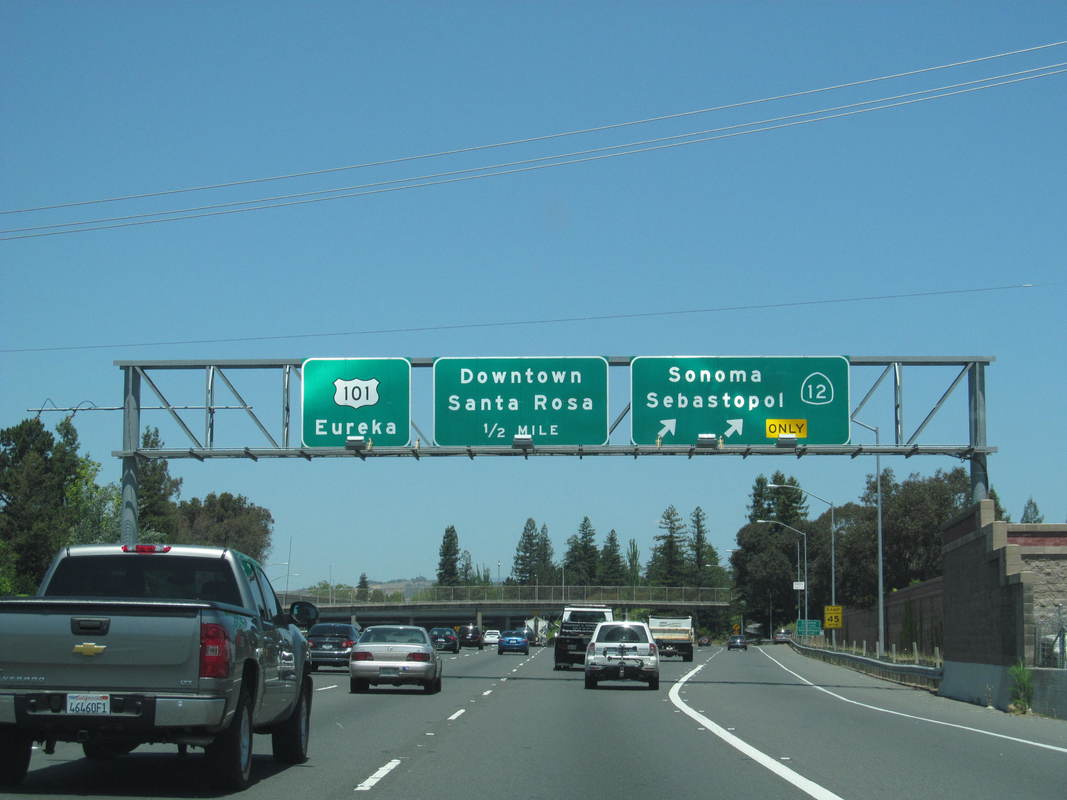|
Alcohol is perhaps one of the most widely-used, and most openly-accepted drugs in our society. But as soon as you couple drinking with getting behind the wheel of any sort of motor vehicle, California’s acceptance of a person’s drinking will come to a quick end, as anyone who has ever been charged with a DUI can tell you.
So how do you go about fighting a charge of Driving Under the Influence (DUI)? The first thing you need to know is that you'll actually have two fights in front of you: first, with the Department of Motor Vehicles (DMV) and, secondly, with the Criminal Justice System. As any lawyer worth their bar card will tell you, addressing the battle with the DMV should be your first concern. This is because the DMV can, and almost always will, suspend your driver's license for six months unless you contact them within 10 days of your arrest to request a hearing. (It is important to keep in mind that the term "arrest" doesn't only mean being taken into custody, it also includes the act of the police giving you a citation for driving under the influence.) The DMV has this power to suspend your driver's license because of what's known as the implied consent law, which, in short, means that in exchange for being allowed to drive on the roads of the state, you agree to obey all the state’s traffic laws, including the law which prohibits a driver from driving with a Blood Alcohol Concentration (BAC) of 0.08% or more. If you fail to obey this law, the DMV can suspend your license. Or, if you fail to give a chemical sample after being suspected of being a DUI driver, the DMV can suspend your license. At the DMV hearing (called an "Administrative Per Se" or "APS" hearing), the DMV has the burden of proof to prove three elements are met. First, you were lawfully arrested. Second, you were driving a motor vehicle. And third, you BAC was 0.08% or more. The DMV needs to prove these three elements by "a preponderance of the evidence" or, in other words, more likely than not. This is a lower standard than in the Criminal Justice System, where a prosecutor needs to prove you guilty "beyond a reasonable doubt." This lower standard makes it difficult for a driver to win at the DMV, but having a qualified attorney defending you can increase your odds. After contacting the DMV to request this hearing, a hearing date will usually be set for approximately six weeks later. And, perhaps most importantly, the DMV will hold off on suspending your license until after the hearing, allowing you to keep driving until your case resolves. The fight with the Criminal justice system tends to be a little bit more involved. In part, this is because there are actually two ways a prosecutor can try to find you guilty of a DUI. Because the system gives prosecutors "two bites of the apple," if you will, it is not surprising to see a DUI driver charged with two separate violations of the law: a violation of Vehicle Code section 23152, subsection (a), and Vehicle Code section 23152 subsection (b). While most of the time these are charged as misdemeanors, they can be charged as felonies. (More on that in a following blog post.) To convict you on the Vehicle Code § 23152(a) count, the prosecutor needs to prove: (1) you were driving a motor vehicle, and (2) you were impaired to a degree that you could not safely operate a motor vehicle. You'll note your BAC doesn't matter at all under this count, something that surprises a lot of DUI drivers. This means that even if your BAC is 0.07%, under the legal limit of 0.08%, you can still be found guilty of a DUI. This often occurs in cases where the driver was driving poorly—swerving or not following other rules of the road—or during the field sobriety tests demonstrated a lack of coordination or ability to multitask. To convict you on the Vehicle Code § 23152(a) count, the prosecutor needs to prove: (1) you were driving a motor vehicle, and (2) BAC was 0.08% or above. Because the penalties for a DUI can be severe, up to six months in jail for a first offense, and up to a year in jail for a second offense, it's imperative that if you've been charged with a DUI you have experienced legal counsel in your corner to help ensure you're not being taken advantage of by the legal system. An experienced attorney can help determine if the officer had lawful authority to approach you, if the officer's police report is accurate, and whether the testing was done in accordance with regulations. To schedule a free, no-obligation consultation with Devina Douglas feel free to call her at (707) 408-3529 or get in touch with her online here. 7/6/2022 01:10:31 pm
This often occurs in cases where the driver was driving poorly swerving or not following other rules of the road—or during the field sobriety tests demonstrated a lack of coordination Thank you, amazing post! 7/6/2022 02:08:37 pm
It's imperative that if you've been charged with a DUI you have experienced legal counsel in your corner to help ensure you're not being taken advantage of by the legal system. Thank you for the beautiful post! Comments are closed.
|
AuthorDevina strives to make information relevant to the lives of her clients easily accessible. Archives
July 2024
Categories
All
|
Proudly serving Sonoma, Marin, Napa, Mendocino and Lake Counties (and occasionally venturing as far as Yolo, Santa Clara and San Mateo Counties).
Proudly powered by Weebly
This website is for informational purposes only and does not provide legal advice. Do not act or refrain from acting based on anything you read on this site. Using this site or communicating with the Law Office of Devina Douglas through this site does not form an attorney/client relationship. This site is legal advertising. Please review the full disclaimer for more information. (LINK TO FULL DISCLAIMER PAGE)

 RSS Feed
RSS Feed




